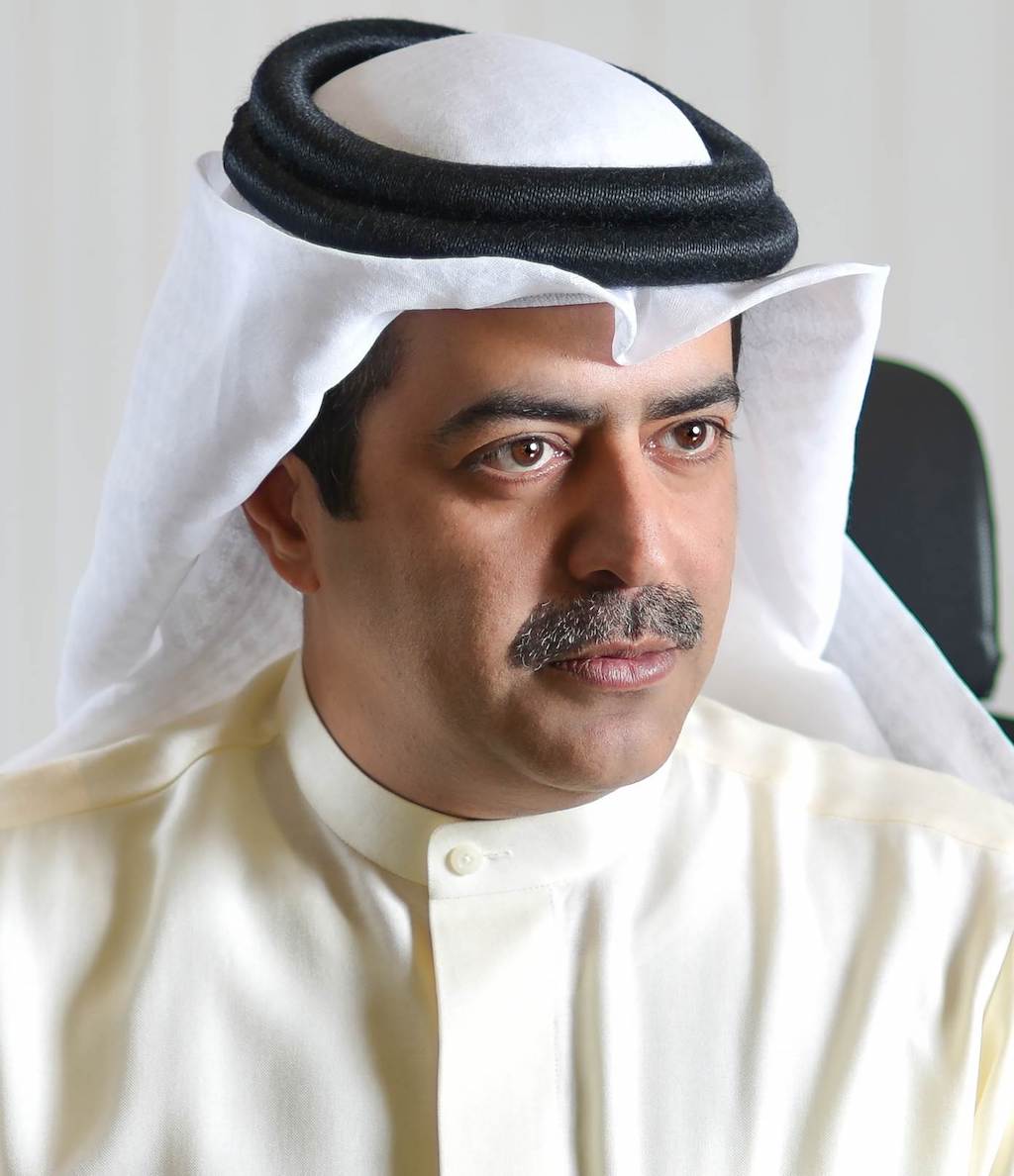A NUMBER of labour-centric initiatives will be launched in Bahrain this year to safeguard the welfare of expatriate workers and employers.
The Labour Market Regulatory Authority (LMRA) is undertaking these programmes under the motto, ‘Leaving No-one Behind’, according to chief executive Ausamah Al Absi.
Among the first projects to be launched in 2020 by Bahrain’s labour watchdog is the opening of two offices in the coming weeks in Sehla and Riffa for aggrieved workers to file lawsuits against their bosses.
Holistic
“We want a holistic approach to tackle labour complaints and claims and this has led us to open the two special offices,” Mr Al Absi told the GDN.
The GDN reported last week that the offices will help an aggrieved worker compile all relevant documents and submit a complaint electronically on the same day to the Justice, Islamic Affairs and Endowments Ministry.
The new service will save the worker the trouble of visiting the ministry’s headquarters in the Diplomatic Area.
The offices, situated at the LMRA branches in Sehla and Riffa, will be staffed by translators so that employees of all nationalities can benefit from the service.
The second project is the opening of an anti-human trafficking centre that will provide training to experts in the region.
The state-of-the-art facility will have access to a digital database containing details of victims, trafficking routes, court verdicts and other information to identify trends globally.
The centre, to be located at the LMRA-run Expat Protection Centre in Sehla, will be opened in co-operation with the United Nations Office on Drugs and Crime.
“We have been working for months on a standard operating protocol which is customised to our local requirements and this will be used for training at this centre of excellence,” said Mr Al Absi.
“For the first time our Bahraini trainers will conduct training on identifying and combating human trafficking.”
The official pointed out this will be the first time such a centre will be opened in Bahrain.
The third LMRA project is the Wage Protection System (WPS) under which employers will have to mandatorily pay staff salaries into bank accounts.
The system, which aims to end exploitation of low-income workers and help authorities track cases of non-payment of wages, was initially due to be rolled out in January 2018.
“The project is on track and we continue to co-ordinate with the banks ahead of the system’s implementation,” said Mr Al Absi.
Once the WPS is introduced, employers will have the option to pay staff via prepaid cards, e-wallets or direct bank transfer.
The labour watchdog chief said the new projects will have a positive impact on the labour market.
“It’s our philosophy not to leave anyone behind,” he said.
“We seek to satisfy the needs of the labour market and serve everyone including the weakest, most vulnerable and least educated.”
The LMRA will continue with the flexi permit scheme this year, allowing undocumented workers to sponsor themselves, with more than 30,000 signed up since 2017.
Meanwhile, Mr Al Absi quelled rumours that the LMRA was set to increase the fees.
“No, there is no fees hike,” he said.
According to the latest labour statistics, in the second quarter of last year, a total of 153,103 Bahrainis were employed, while the figure for expats was 594,944 which included 86,349 domestic workers.
sandy@gdn.com.bh


